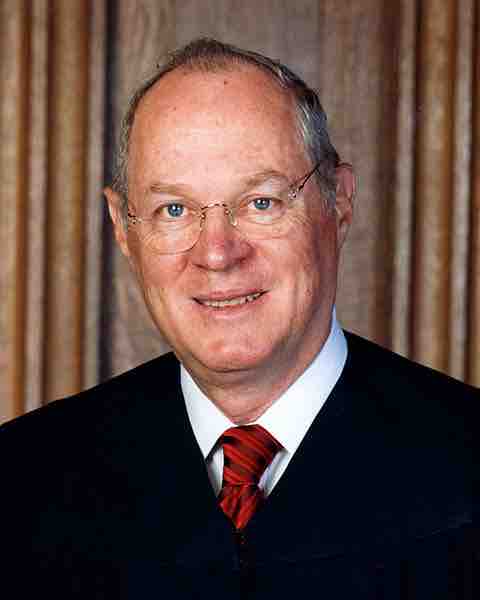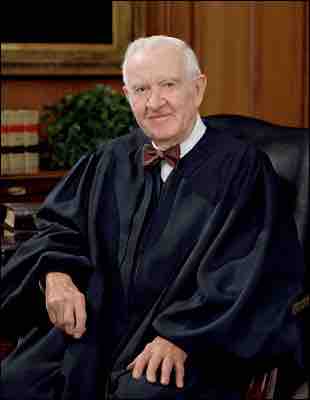Introduction
Citizens United v. Federal Election Commission was a landmark United States Supreme Court case in 2010 in which the court held that the First Amendment prohibited the government from restricting independent political expenditures by corporations and unions. The nonprofit group Citizens United wanted to air a film critical of Hillary Clinton and to advertise the film during television broadcasts in apparent violation of the 2002 Bipartisan Campaign Reform Act. In a 5 to 4 decision, the court held that portions of BCRA violated the First Amendment.
Background
The Bipartisan Campaign Reform Act of 2002 prohibited corporations and unions from using their general treasury to fund "electioneering communications" within 30 days before a primary or 60 days before a general election. During the 2004 presidential campaign, a conservative nonprofit organization named Citizens United filed a complaint before the Federal Election Commission (FEC) charging that advertisements for Michael Moore's film, Fahrenheit 9/11, a documentary critical of the Bush administration's response to the terrorist attacks on September 11, 2001, constituted political advertising and thus could not be aired within the 30 days before a primary election or 60 days before a general election. The FEC dismissed the complaint after finding no evidence that broadcast advertisements for the movie and featuring a candidate within the proscribed time limits had actually been made.
In the wake of these decisions, Citizens United sought to establish itself as a bona fide commercial filmmaker, producing several documentary films between 2005 and 2007. By early 2008, it sought to run television commercials to promote its latest political documentary, Hillary: The Movie, and to air the movie on DirecTV. The movie was highly critical of then-Senator Hillary Clinton, with the District Court describing the movie as an elongated version of a negative 30-second television spot. In January 2008, the United States District Court for the District of Columbia ruled that the television advertisements for Hillary: The Movie violated the BCRA restrictions of "electioneering communications" within 30 days of a primary. Though the political action committee claimed that the film was fact-based and nonpartisan, the lower court found that the film had no purpose other than to discredit Clinton's candidacy for president. The Supreme Court docketed the case on August 18, 2008 and heard oral argument on March 24, 2009.
Opinions of the Court
The Supreme Court held in Citizens United that it was unconstitutional to ban free speech through the limitation of independent communications by corporations, associations and unions. This ruling was frequently interpreted as permitting corporate corporations and unions to donate to political campaigns, or else removing limits on how much a donor can contribute to a campaign. Justice Kennedy's majority opinion found that the BCRA prohibition of all independent expenditures by corporations and unions violated the First Amendment's protection of free speech.

Justice Anthony Kennedy
Anthony Kennedy's majority opinion found that the BCRA prohibition of all independent expenditures by corporations and unions violated the First Amendment's protection of free speech.
A dissenting opinion by Justice Stevens was joined by Justice Ginsburg, Justice Breyer, and Justice Sotomayor. Stevens concurred in the court's decision to sustain BCRA's disclosure provisions, but dissented from the principal holding of the majority opinion. The dissent argued that the court's ruling "threatens to undermine the integrity of elected institutions across the Nation. The path it has taken to reach its outcome will, I fear, do damage to this institution. " He wrote: "A democracy cannot function effectively when its constituent members believe laws are being bought and sold. "

Justice John Paul Stevens
John Paul Stevens wrote a dissenting opinion, arguing that the Court's ruling "threatens to undermine the integrity of elected institutions across the Nation. "
Impact
On January 27, 2010, President Barack Obama condemned the decision during the 2010 State of the Union Address, stating that, "Last week, the Supreme Court reversed a century of law to open the floodgates for special interests — including foreign corporations — to spend without limit in our elections. " Moreover, The New York Times stated in an editorial, "The Supreme Court has handed lobbyists a new weapon. A lobbyist can now tell any elected official: if you vote wrong, my company, labor union or interest group will spend unlimited sums explicitly advertising against your re-election. " The New York Times reported that 24 states with laws prohibiting or limiting independent expenditures by unions and corporations would have to change their campaign finance laws because of the ruling.
Citizens United v. Federal Election Commission has often been credited for the creation of "super PACs", political action committees which make no contributions to candidates or parties and so can accept unlimited contributions from individuals, corporations, and unions. In the 2012 presidential election, super PACs have played a major role, spending more than the candidates' election campaigns in the Republican primaries. As of early April 2012, Restore Our Future—a Super PAC usually described as having been created to help Mitt Romney's presidential campaign—has spent $40 million.